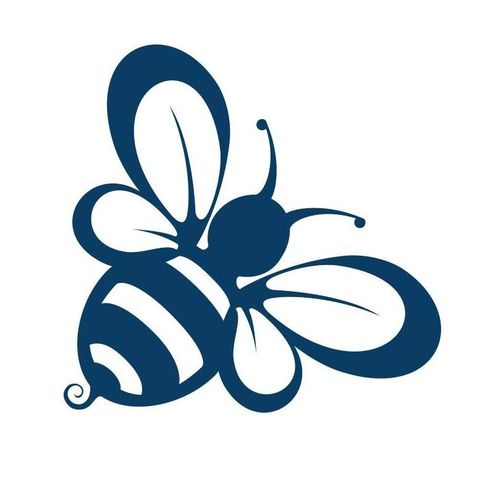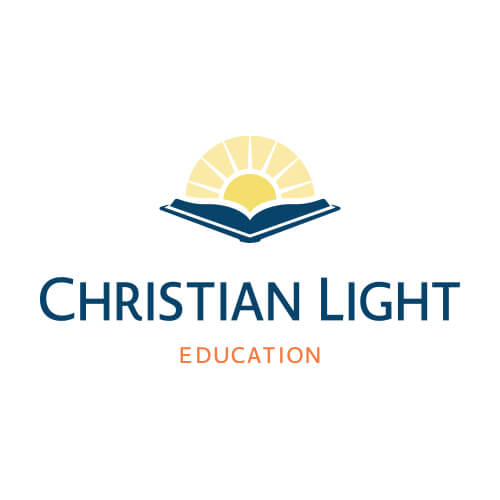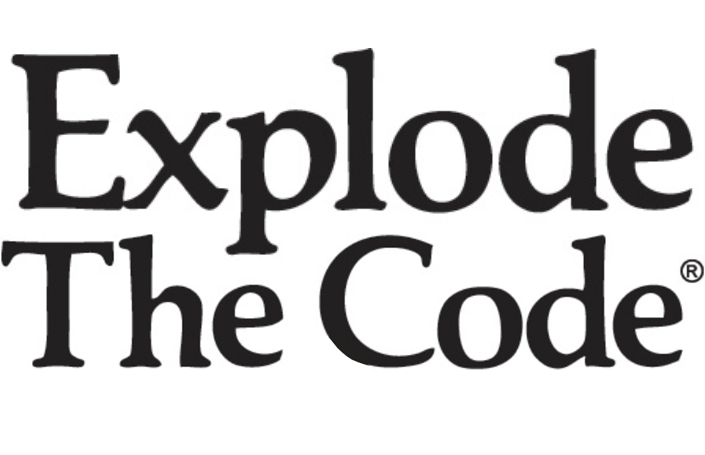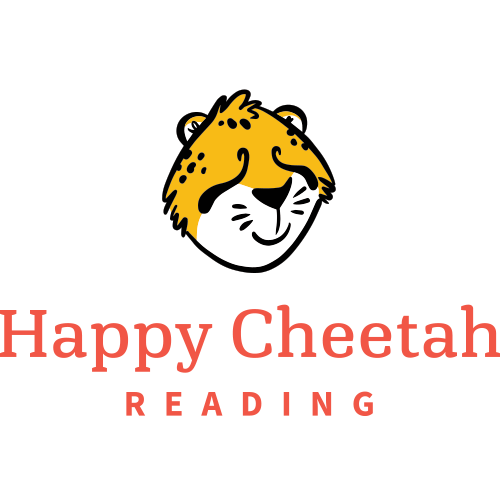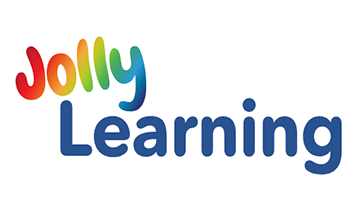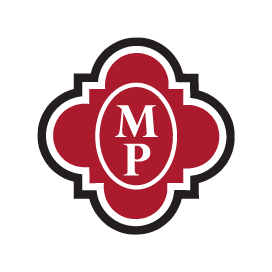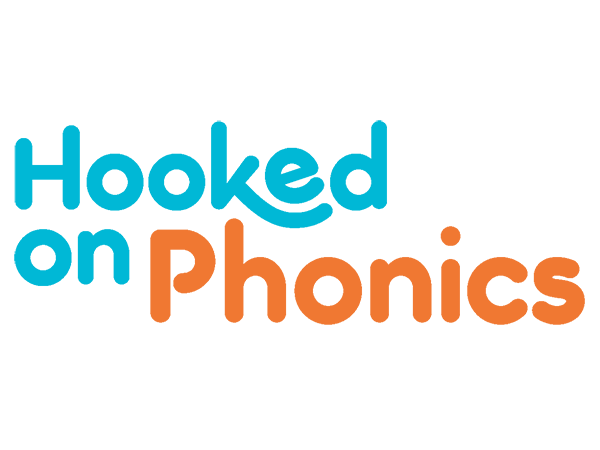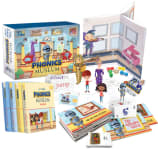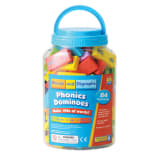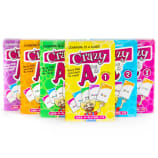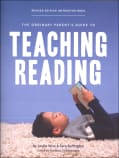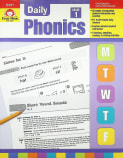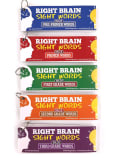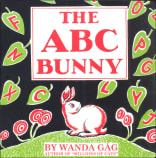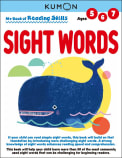- Phonics Programs
- Pre-Reading / Literacy
- Sight Words
- Phonics For Older Children / Remedial
- Phonics References & Methods
- Phonics Instructional Tools
- Phonics Manipulatives
- Phonics Workbooks
- 100 Words for Kids to Read
- 180 Days of High-Frequency Words
- 180 Days of Phonics
- Basic Phonics Skills
- Core Skills: Phonics 2014 Edition
- Daily Phonics
- Dr. Seuss Phonics Workbooks
- Explode the Code
- Learn to Read
- Learning to Read Using Phonics
- Plaid Phonics
- Phonics Made Easy / Reading Made Easy
- Phonics Wipe-Clean Workbooks
- Practice to Learn Phonics
- Scrambled Sentences
- Smart Start Phonics & Spelling
- Smart Start Read & Write
- Spectrum Phonics/Word Study
- SRA Phonics Student Books
- Words Their Way 2019 Ed.
- Other Phonics Workbooks
- 100 Words for Kids to Read
- Phonics Readers
- Bob Books
- Gran on a Fan / Lazy Bear, Crazy Bear
- I Can Read! Phonics Fun Boxed Sets Phonics Fun
- Itty Bitty Phonics Readers
- Laugh-A-Lot Phonics Readers
- Learning Without Tears Phonics Readers
- Let's Find Out Readers
- Merrill Readers
- Miles and Jax
- My Beginning Readers
- Reading House Reader Sets
- Scholastic Nonfiction Boxed Readers
- Step Into Reading Boxed Phonics Readers
- Reading Books for K5
- Smithsonian Spanish Readers
- StoryPlay Books
- Targeted Phonics Readers
- Bob Books
- Phonics Reinforcement / Practice
- New Products - Phonics
- Phonics Clearance Sale Items !!
Phonics Programs
Learning to read is the foundation of education. Teaching reading doesn’t have to be intimidating! Different methods are available to help your child learn this invaluable skill through. Whether you desire a complete scripted program, workbooks, manuals, or something in-between, we have a variety of phonics options to consider.
Curriculum by Grade
Download our helpful Phonics Curriculum Comparison Chart.
Featured Products in Phonics
Phonics by Topic
These icons are designed to help you quickly understand and learn important information about our products.
Teaching Method
Traditional
Teacher-centered curriculum commonly used in classrooms that may include a text, teacher manual, tests, etc.
Charlotte Mason
A methodology based on the work of a 19th century educator who maintained that children learn best from literature (Living Books), not textbooks.
Classical
A methodology based on the Latin Trivium (three stages of learning), including the grammar stage (memorization and facts), logic stage (critical thinking), and rhetoric stage (developing/defending ideas).
Unit Study
A thematic or topical approach centered around one topic that integrates multiple subject areas.
Montessori (Discovery)
A methodology based on the work of a 20th century educator that emphasizes student and sensory-driven discovery learning and real-life applications.
Other
Other methodologies
Religious Content
Secular
Contains content contrary to common Christian beliefs (i.e. evolution).
Neutral
Avoids religious or theoretical topics or presents multiple viewpoints without preference.
Christian/Religious
Faith-based or including instructional religious content.
Learning Modality
Auditory
Learns through listening, talking out loud or reading out loud.
Visual
Learns through seeing, prefers written instructions and visual materials.
Kinesthetic/Tactile (Hands-On)
Learns through moving, doing and touching.
Multi-Sensory
Curriculum that employ a variety of activities/components.
Presentation
Sequential
Curriculum progresses through well-defined learning objectives. Emphasizes mastery before moving to the next topic.
Spiral
Topics and concepts are repeated from level to level, adding more depth at each pass and connecting with review.
Conceptual/Topical
Focus is on the “why,” often with a unifying concept as well as specific skills; coverage may be broader.
Teacher Involvement
Low Teacher Involvement
Student-led materials; parent acts as a facilitator.
Medium Teacher Involvement
A mix of teacher-led time and independent student work.
High Teacher Involvement
Teacher-led lessons; may utilize discussions, hands-on activities and working together.
Additional Materials Required
No other materials needed
Everything you need is included.
Other Materials Required
There are additional required resources that are a separate purchase.
Other Materials Optional
There are additional resources mentioned or recommended but are not absolutely necessary.
Consumable
Consumable
Designed to be written in; not reusable.
Non-Consumable
Not designed to be written in; reusable.


